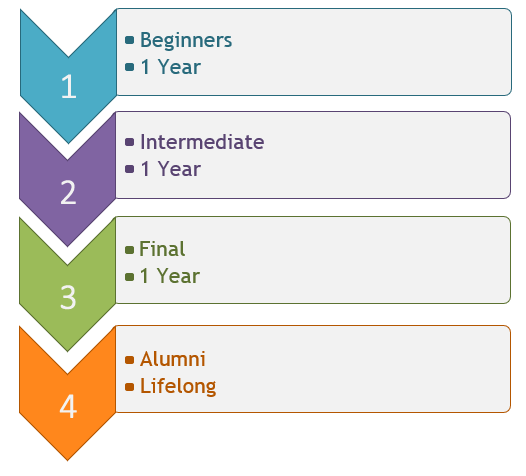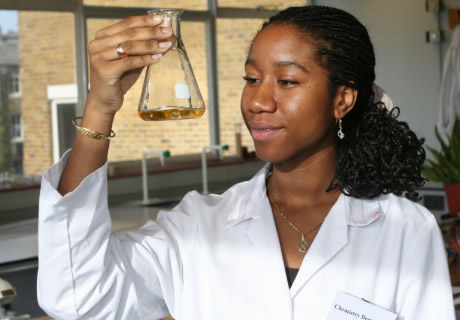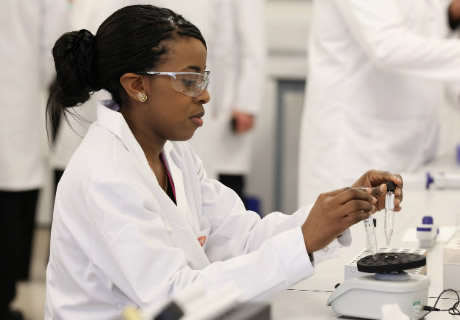What is Mentorship?

- “What do you want to learn?”; “Why do you want to learn these things?”; “How do you want to learn them?”
- “What do you believe you have already learnt?”; “How do you decide that you have done so?”

- Proved to be pivotal the development of future scientists besides being practiced in academics
- Failure to mentor young emerging scientists will lead to underdevelopment as science through research and innovation drives development
 Mentorship has its origins in ancient Greece as a technique that was used to impart the young on social norms.
Mentorship has its origins in ancient Greece as a technique that was used to impart the young on social norms.

- YES Zambia is providing a platform to build a professional relationship with transference of; skills, knowledge, professional and leadership development from the experts in various specialties of medicine and beyond to students and junior doctors.
- YES will provide a platform where deep, continued companionship will progress and matures over time.
Mentorship is not only recognized as a deeply rooted practice in academics but has also proven to be a great way to the development of future scientists. It is a professional relationship through which knowledge and skill is transferred from the more experienced and highly regarded person (mentor) to the less experienced colleagues (mentee), not only learning and development but also in reevaluating their ideas, resulting in considerable hastening of personal and professional growth (Lescano et al, 2019)
When you come to think of it we are actually a product of mentoring even when there was no official announcement of who are the mentor and the mentee, it somehow would just occur naturally.
Mentorship can result in a deep, continued companionship that progresses and matures over time. Lack of mentoring has resulted in little or no growth in the scientific world and particularly in the area of research. The amelioration of global health research calls for continuous career development opportunities for scientists that can only be obtained through both application and propagation of culturally appropriate mentorship. (Lescano et al, 2019)
The origins of mentoring can be traced back to ancient Greece as a technique to impart to young men important social, spiritual, and personal values. Mentoring as we know it today is loosely modelled on the historical craftsman/apprentice relationship, where young people learned a trade by shadowing the master artisan. Today, an apprenticeship is an in-service training program or internship which involves either tuition for training or payment for working or both (Herman, 2014)




